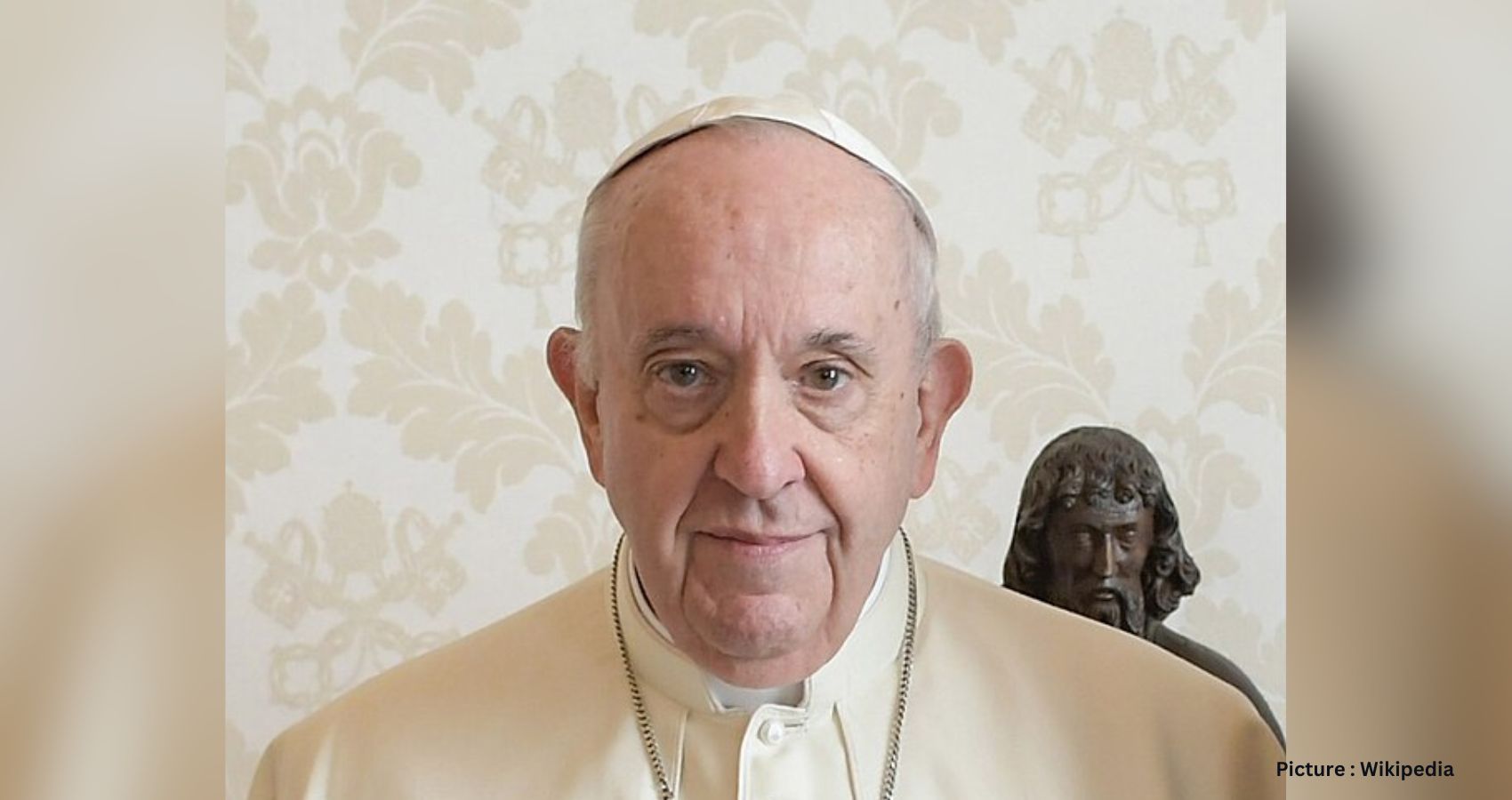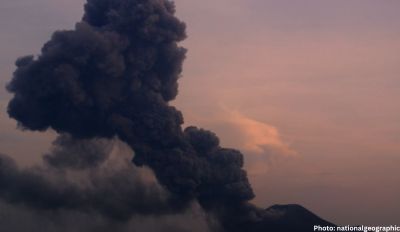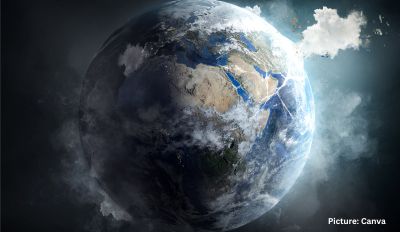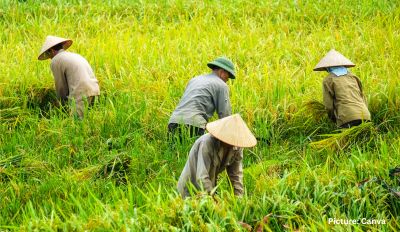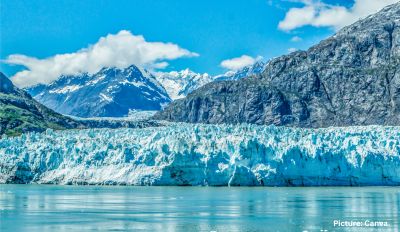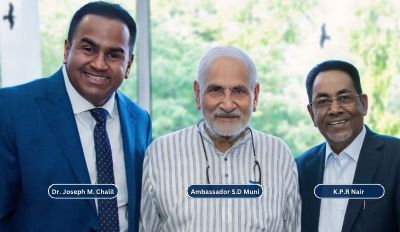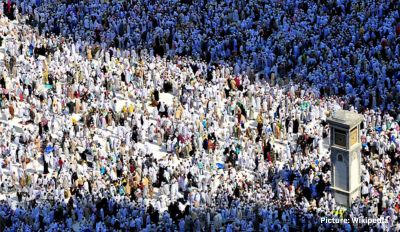On the morning of Thursday, May 16th, in the Clementine Hall of the Apostolic Palace, Pope Francis addressed participants of a summit on “From Climate Crisis to Climate Resilience,” organized by the Pontifical Academy of Sciences and the Pontifical Academy of Social Sciences. Here is a paraphrase of his speech, preserving the original quotes.
Pope Francis welcomed members of the Pontifical Academies of Science and Social Sciences, as well as the mayors and governors from around the world who attended the summit. He acknowledged the growing severity of climate change and the urgent need for action to protect people and nature, commending the Academies for their leadership and efforts in drafting a universal document on resilience.
He highlighted the plight of the world’s poor, who contribute the least to environmental pollution but suffer the most. “The destruction of the environment is an offense against God, a sin that is not only personal but also structural, one that greatly endangers all human beings, especially the most vulnerable in our midst, and threatens to unleash a conflict between generations” (Address to COP28, Dubai, 2 December 2023). The Pope urged everyone to choose sustainable human development and heed the cry of the earth, the plea of the poor, and the aspirations of the young and children.
Pope Francis emphasized the interconnectedness of climate change, biodiversity loss, environmental decay, global disparities, food insecurity, and threats to human dignity. He warned that without urgent collective action, these issues pose existential threats to humanity, other living beings, and ecosystems. The Pope pointed out that the world’s poor suffer disproportionately despite contributing the least to these problems. Wealthier nations, representing about one billion people, produce more than half of the heat-trapping pollutants, while the poorest three billion people contribute less than 10% yet suffer 75% of the damage. He noted that 46 of the least developed countries, mostly in Africa, account for only 1% of global CO2 emissions, whereas G20 nations are responsible for 80%.
Research presented at the summit revealed the tragic fact that women and children bear a disproportionate burden. Women often lack the same access to resources as men, and their roles in household maintenance and childcare can prevent them from migrating during disasters. However, women also play a crucial role in resilience and adaptation. Nearly one billion children live in countries highly susceptible to climate-related disasters, making them particularly vulnerable to the physical and psychological impacts of climate change.
Pope Francis condemned the failure to protect the most vulnerable from human-caused climate change, calling it a serious offense and a grave violation of human rights. He criticized the pursuit of short-term profits by polluting industries and the spread of disinformation that hinders collective efforts for change. “Brothers and sisters, the road ahead is uphill and not without danger,” he said, noting the summit’s data showing that climate change affects all aspects of life, including water, air, food, and energy systems, as well as public health and welfare. He lamented the forced migration of communities and families due to climate change, with atmospheric pollution causing millions of premature deaths annually. Over 3.5 billion people live in areas highly susceptible to climate devastation, driving them to migrate. Defending the dignity and rights of climate migrants involves upholding the sacredness of each human life and respecting the divine command to care for our common home.
In response to the planetary crisis, the Pope called for a universal approach and rapid, decisive action to effect changes and political decisions. He stressed the need to halve the rate of global warming within a quarter-century, aim for global decarbonization, and eliminate dependence on fossil fuels. Additionally, he urged the elimination of large quantities of carbon dioxide through a multigenerational environmental management program, highlighting nature’s regenerative powers. He advocated for the protection of natural resources like the Amazon and Congo basins, peat bogs, mangroves, oceans, coral reefs, farmlands, and glacial icecaps for their role in reducing global carbon emissions.
The Pope emphasized a holistic approach to combat climate change, addressing the dual crises of biodiversity loss and inequality by nurturing ecosystems that sustain life. He called for cooperation and global solidarity, highlighting the need for a coordinated effort involving emissions reduction, lifestyle education, innovative financing, and nature-based solutions to reinforce resilience, particularly to drought.
Finally, Pope Francis urged the development of a new financial architecture to meet the needs of the global South and island states severely affected by climate catastrophes. He advocated for debt restructuring and reduction, alongside the creation of a new global financial charter by 2025, recognizing an “ecological debt.” “We must work
on this term: ecological debt,” he emphasized, suggesting that acknowledging and addressing it can significantly aid in mitigating climate change.
The Pope expressed gratitude for the participants’ efforts and encouraged continued collaboration to transition from the current climate crisis to climate resilience, emphasizing equality and social justice. He stressed the urgency, compassion, and determination required for this task, as the stakes could not be higher. Pope Francis concluded his speech by blessing the attendees, assuring them of his prayers, and requesting their prayers for him.

